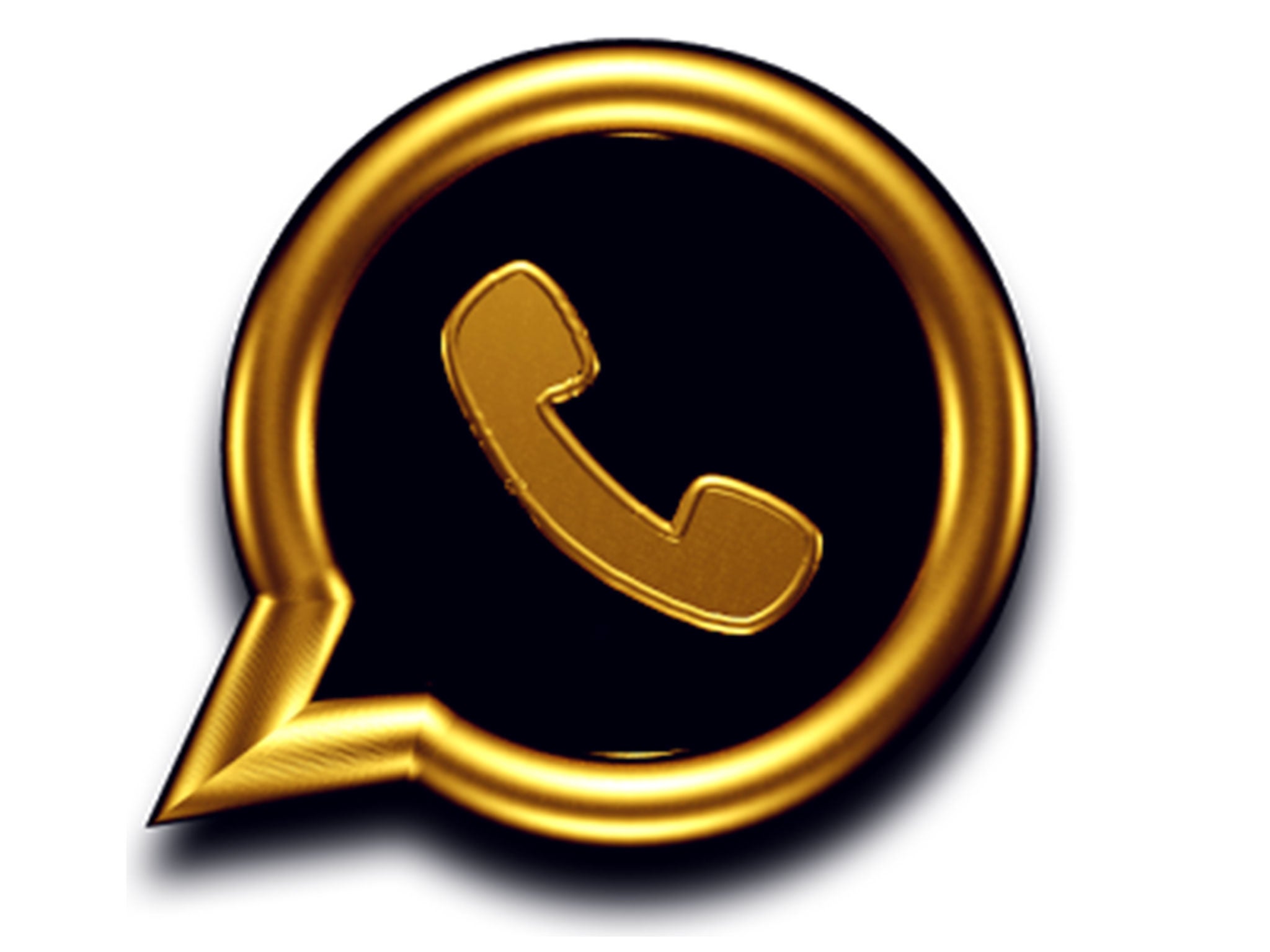WhatsApp scam steals users’ banking information
An increasing number of users are receiving the fraudulent message

WhatsApp users are being warned about a new scam.
Criminals have started sending out messages designed to trick you into sharing your banking details.
While this type of ploy is nothing new, Action Fraud has described it as “clever”, and believes it could successfully dupe long-term users of the messaging app.
“Our records indicate that your WhatsApp trial service is exceeding the one-year period,” the fraudulent message reads.
“At the completion of your trial period your WhatsApp will no longer be able to send or receive message [sic]. To continue using WhatsApp without interuption [sic], we need you to subscribe for any of our subscription periods.”
It then encourages you to click on a link to “the customer portal”, where it claims you’ll need to “sign in” using your number.
WhatsApp used to charge a small subscription fee. However, it was scrapped several years ago, when the company was bought by Facebook in 2014.
You absolutely should not open any of the links in the message.
“Whilst late adopters of the service might look at the email below and simply brush it off, long term users will remember paying and could quite easily think the app has gone back to its subscription model and get caught out,” said Action Fraud.
According to the organisation, it has been receiving an increasing number of reports about such messages.
If you do receive such a message, you should block the sender, so they can no longer message or call you through WhatsApp.
Just open the conversation and hit Block. You can also report the user as Spam from here.
Last year, scammers tried to trick people into downloading a malicious app called WhatsApp Gold, which infected their phones with malware.
Join our commenting forum
Join thought-provoking conversations, follow other Independent readers and see their replies
Comments
Bookmark popover
Removed from bookmarks